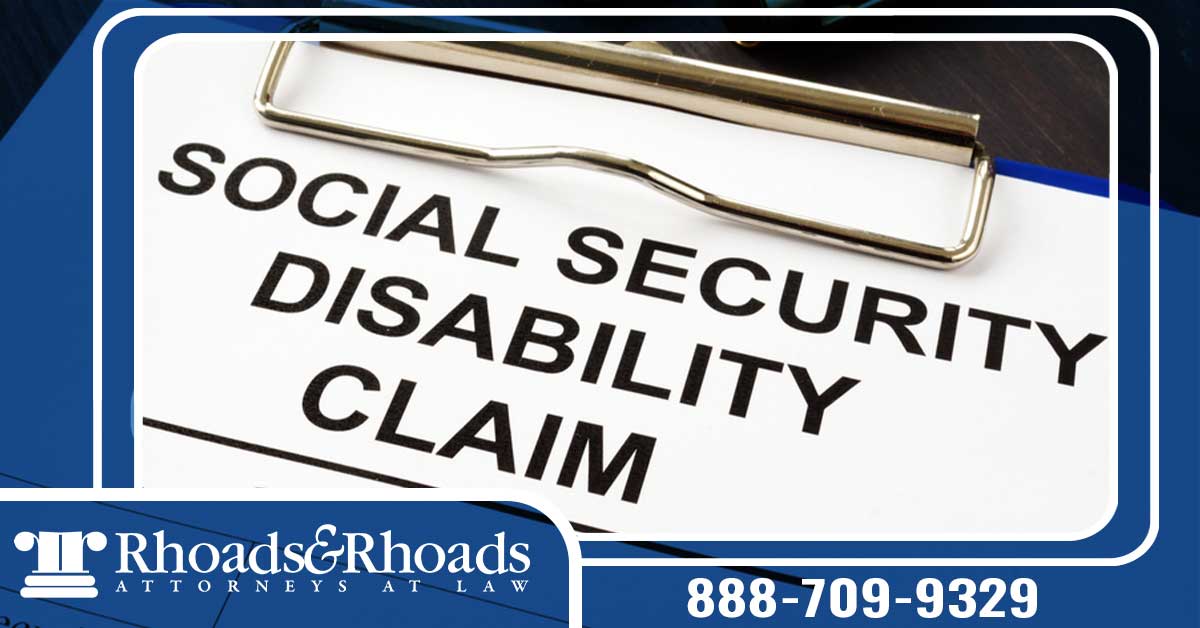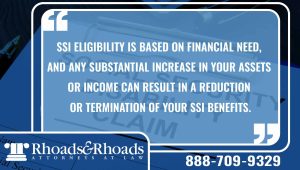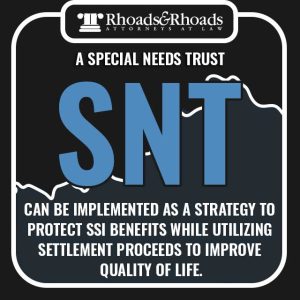
Key Points in the Article:
- The article distinguishes between Social Security Disability Insurance (SSDI) and Supplemental Security Income (SSI), explaining their different eligibility criteria and purposes.
- SSI benefits, which are needs-based, can be significantly affected by a settlement due to strict income and asset limits.
- A special needs trust (SNT) can be implemented as a strategy to protect SSI benefits while utilizing settlement proceeds to improve quality of life.
When an individual with a disability is set to receive a settlement from a personal injury case, one of the primary concerns is how it might impact their existing disability benefits. The answer to this question depends on the type of disability benefits the individual is receiving – Social Security Disability Insurance (SSDI) or Supplemental Security Income (SSI).
Understanding SSDI and SSI
SSDI and SSI are both administered by the Social Security Administration (SSA), but they are distinct programs with different eligibility criteria and purposes.
Social Security Disability Insurance (SSDI) is a program that provides benefits to individuals who have worked and paid Social Security taxes into the system for a sufficient period. To qualify for SSDI, you must have a qualifying disability as defined by the SSA and meet the work credit requirements based on your age and work history.
Supplemental Security Income (SSI), on the other hand, is an entitlement/needs based program that provides financial assistance to low-income individuals who are disabled, blind, or aged. Eligibility for SSI is based on strict income and asset limits, ensuring that the benefits are reserved for those who are disabled and those with limited financial resources.
How Settlements Affect SSDI Benefits
If you receive SSDI benefits, a personal injury settlement will generally not affect your SSDI payments. SSDI benefits are based on your work history and the taxes you have paid into the Social Security system, not your current financial situation. Therefore, any settlement you receive from a personal injury case will not impact your SSDI benefits.
However, it’s important to note that if you also receive workers’ compensation benefits for the same disability, your SSDI benefits may be reduced based upon the amount you have received or are receiving from workers’ compensation. A basic rule is the combined amount of SSDI and workers’ compensation benefits cannot exceed 80% of your average earnings (“ACE”) before becoming disabled.
How Settlements Affect SSI Benefits
 Unlike SSDI, a personal injury settlement can significantly impact your SSI benefits. SSI eligibility is based on financial need, and any substantial increase in your assets or income can result in a reduction or termination of your SSI benefits.
Unlike SSDI, a personal injury settlement can significantly impact your SSI benefits. SSI eligibility is based on financial need, and any substantial increase in your assets or income can result in a reduction or termination of your SSI benefits.
If you receive a lump-sum settlement, it will likely be considered a countable asset by the SSA, and your SSI benefits may be suspended or terminated if the settlement amount exceeds the asset limits. Even if the settlement is structured as periodic payments, it will still be considered income and could affect your SSI eligibility.
Protecting SSI Benefits with a Special Needs Trust
 If you are receiving SSI benefits and are expecting a personal injury settlement, it’s crucial to take steps to protect your eligibility. One effective strategy is to establish a special needs trust (SNT) and place your settlement proceeds into the trust.
If you are receiving SSI benefits and are expecting a personal injury settlement, it’s crucial to take steps to protect your eligibility. One effective strategy is to establish a special needs trust (SNT) and place your settlement proceeds into the trust.
A special needs trust is a legal arrangement that allows a disabled individual to incrementally receive assets or income without jeopardizing their eligibility for needs-based government benefits like SSI or Medicaid. The trust is managed by a trustee, and the assets within the trust are not considered countable resources for SSI eligibility purposes.
By placing your settlement proceeds into a properly structured special needs trust, you can ensure that the funds are used to improve your quality of life without disqualifying you from crucial government benefits.
Consulting with an Attorney
 Navigating the complex rules surrounding disability benefits and personal injury settlements can be challenging. It’s advisable to consult with an experienced Social Security attorney who understands the interplay between settlements and disability benefits.
Navigating the complex rules surrounding disability benefits and personal injury settlements can be challenging. It’s advisable to consult with an experienced Social Security attorney who understands the interplay between settlements and disability benefits.
Rhoads & Rhoads can help you understand the potential impact of a settlement on your specific situation, advise you on strategies to protect your benefits, and negotiate with insurance companies and other parties to structure the settlement in a way that minimizes any negative effects on your disability benefits.
Whether a personal injury settlement affects your disability benefits depends on the type of benefits you receive – SSDI or SSI. While SSDI benefits are generally unaffected, SSI benefits can be significantly impacted by a settlement due to the program’s strict income and asset limits. If you are receiving SSI benefits and anticipating a settlement, consulting with an attorney and considering establishing a special needs trust can help you preserve your eligibility for these crucial benefits.
Here at Rhoads & Rhoads Attorneys at Law, we have years of experience helping Kentucky residents understand Social Security and disability benefits. We offer FREE case evaluations to help you get started.
Schedule your FREE case evaluation today online or by calling 888-709-9329.


